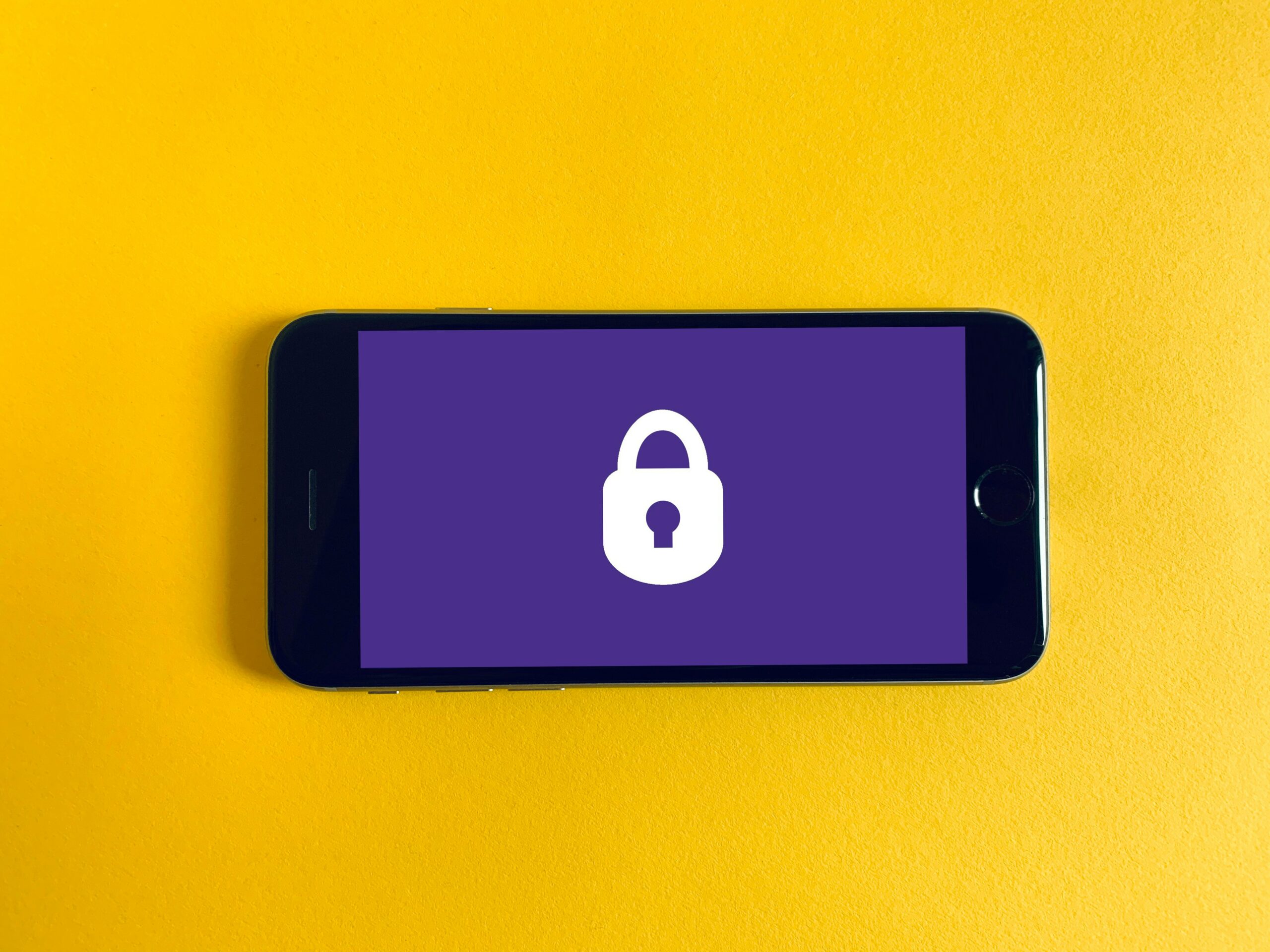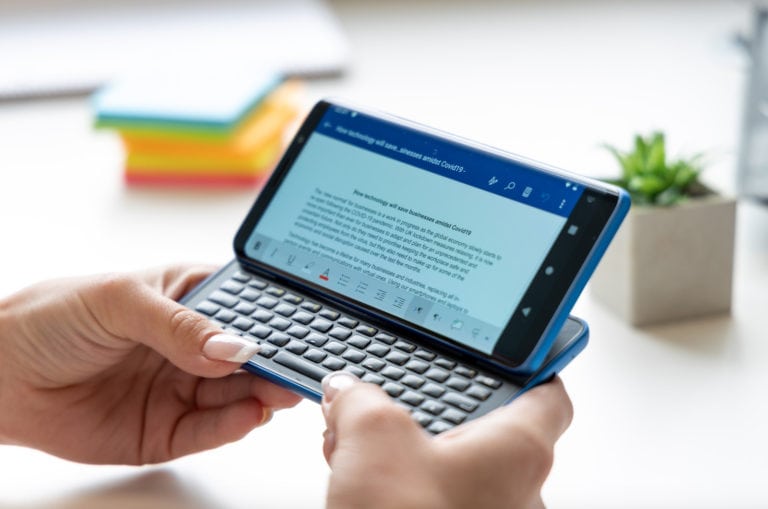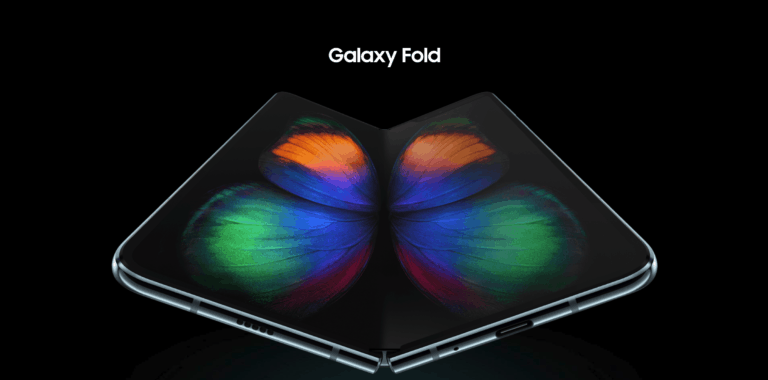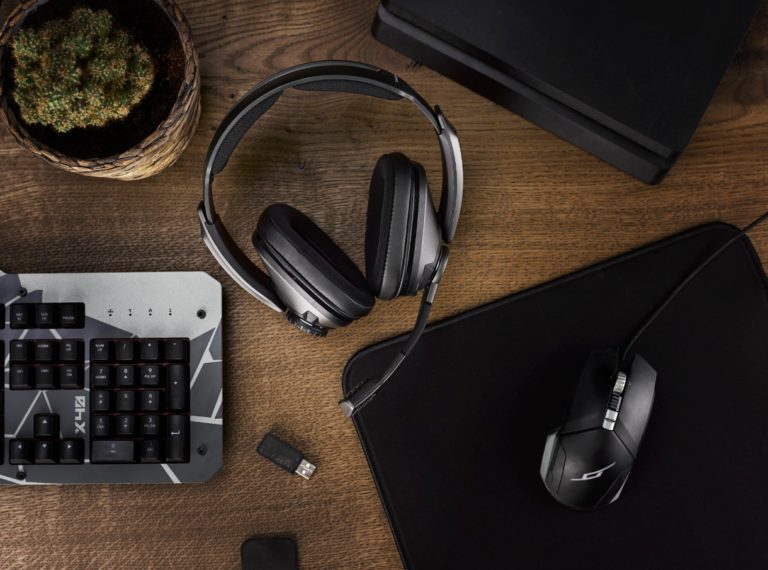Any links to online stores should be assumed to be affiliates. The company or PR agency provides all or most review samples. They have no control over my content, and I provide my honest opinion.
Mobile phones now serve as wallets, entertainment hubs, and access points for financial and personal tasks. Whether you’re transferring money, storing sensitive data, or playing casino games during a quiet evening, your phone holds more private information than most realise. That’s why security isn’t something to treat as a second thought. It’s the gatekeeper between you and serious digital threats.
If you’re using your phone for anything involving money, identity, or personal files, the right security tools are essential. These seven features do more than protect your data, they give you control in a world that increasingly revolves around your device.
1. Biometric Logins
Fingerprint scanning and facial recognition have changed how we unlock phones and access apps. They’re more than just convenient, they’re harder to bypass than PINs or passwords. You don’t have to remember anything, and no one can guess or steal your biometric traits.
For iGamers, especially those who use platforms with no paperwork involved, biometrics are proving vital. According to gambling expert Lloyd Mackenzie, no verifications casinos, which allow players to register and play without submitting documents, now lean on fingerprint or face recognition to secure accounts. These tools provide an added layer of protection without the usual sign-up friction, and players don’t need to hand over sensitive information to get started.
2. Encrypted Connections
Every time you log into a banking app or input card details, your phone sends data across networks. Encryption ensures that data travels in a scrambled format, unreadable to outsiders. This matters even more when you’re on public Wi-Fi, where snooping is common.
The UK’s Financial Conduct Authority reported that more than 116,000 people were hit by online banking fraud in the first six months of 2023. Many of those cases stemmed from poor protection on the user’s end. Phones with built-in encryption tools and secure browsers reduce that risk by preventing third parties from intercepting personal or financial information.
3. Operating System Updates
Most users have delayed an update with a quick tap on “remind me later.” The problem is that those delays can leave devices exposed to threats. Updates usually fix security flaws that attackers already know about.
The National Cyber Security Centre urges users to turn on automatic updates. Unpatched devices are more likely to be targeted, especially when downloading games or gambling apps from outside the app store. Updates often carry defences against newer malware and vulnerabilities, even if they don’t change how the phone looks or feels.
4. Permission Controls
Many apps request access to your location, camera, or microphone, permissions they don’t always need. For example, a puzzle game shouldn’t require your GPS location. When apps ask for unnecessary access, your data becomes more exposed.
A study by Pew Research Centre showed that more than a million Android apps requested permissions unrelated to their main function. Both Android and iOS now give users the option to approve or block individual app permissions. This lets you decide what level of access an app deserves. Checking these settings only takes a few minutes, but it can stop a lot of data from being shared without your knowledge.
5. Two-Factor Authentication
Two-factor authentication, often known as 2FA, adds a checkpoint to your login process. If someone guesses or steals your password, they still can’t get in without a second code, usually sent by text or generated through an app.
This is especially useful for anyone with online casino accounts, banking apps, or crypto wallets. Many platforms now combine 2FA with biometric login to lock down accounts with multiple layers of protection. Even if your password leaks in a data breach, this added step can block unauthorised access.
6. Remote Lock and Erase
Losing a phone is stressful enough, but it gets worse when it contains your bank details, saved passwords, and personal messages. Fortunately, both iOS and Android include tools to find, lock, or erase lost devices.
If someone takes your phone or you simply misplaced it, you can go online to secure it. You can lock the screen, log out of accounts, or wipe everything entirely. This stops others from reaching your information, even if they manage to unlock the phone physically. It also gives peace of mind to users who store gambling apps or payment details directly on their phones.
7. Built-In Threat Detection
Modern phones now include real-time threat detection. These systems scan new apps, check links, and warn you about shady websites before you interact with them. They act in the background, catching potential problems early.
For users who download apps directly from gambling platforms or install games not listed in mainstream stores, this feature becomes essential. It reduces the chance of downloading malicious software and helps keep personal data out of the wrong hands.
Conclusion
Your phone has likely replaced your debit card, your wallet, your gaming console, and your calendar. It knows who you are, where you go, and what you do with your money. That makes security a non-negotiable feature, not just a technical bonus.
Biometric logins allow casinos to offer privacy without compromising account safety. Encryption guards your data in transit. Two-factor authentication and remote wipe tools keep your accounts safe even if the phone is lost.
I am James, a UK-based tech enthusiast and the Editor and Owner of Mighty Gadget, which I’ve proudly run since 2007. Passionate about all things technology, my expertise spans from computers and networking to mobile, wearables, and smart home devices.
As a fitness fanatic who loves running and cycling, I also have a keen interest in fitness-related technology, and I take every opportunity to cover this niche on my blog. My diverse interests allow me to bring a unique perspective to tech blogging, merging lifestyle, fitness, and the latest tech trends.
In my academic pursuits, I earned a BSc in Information Systems Design from UCLAN, before advancing my learning with a Master’s Degree in Computing. This advanced study also included Cisco CCNA accreditation, further demonstrating my commitment to understanding and staying ahead of the technology curve.
I’m proud to share that Vuelio has consistently ranked Mighty Gadget as one of the top technology blogs in the UK. With my dedication to technology and drive to share my insights, I aim to continue providing my readers with engaging and informative content.







